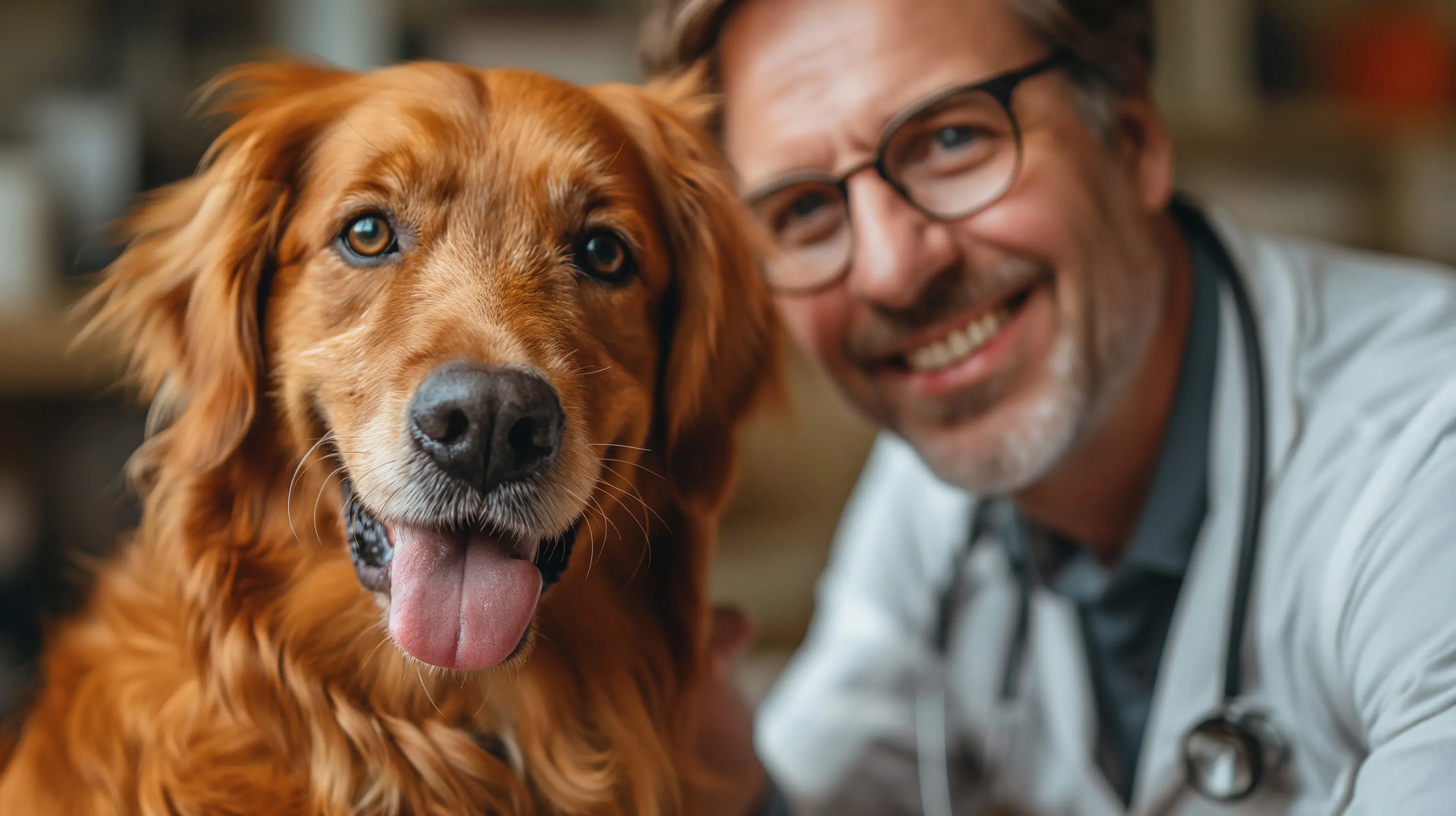
Digestive issues in pets are a common concern that can significantly affect their health and well-being. Both dogs and cats can experience a range of gastrointestinal problems, from mild stomach upsets to severe, chronic conditions. Understanding the signs, causes, and treatments of digestive issues can help you ensure your pet remains healthy and comfortable. This article covers the most common digestive problems in pets and the treatments available to address them.
Common Digestive Issues in Pets
1. Diarrhea
Diarrhea is characterized by loose, watery stools and can be acute (short-term) or chronic (lasting more than two weeks). It can be caused by dietary indiscretion, infections, parasites, stress, or underlying health conditions.
2. Constipation
Constipation occurs when a pet has difficulty passing stools or has infrequent bowel movements. It can result from dehydration, lack of fiber, ingestion of foreign objects, or certain medical conditions.
3. Vomiting
Vomiting can be caused by a wide range of factors, including dietary changes, toxins, infections, motion sickness, or more severe issues like gastrointestinal obstruction or systemic diseases.
4. Gastroenteritis
Gastroenteritis is the inflammation of the stomach and intestines, often leading to vomiting and diarrhea. It can be triggered by infections, parasites, toxins, or dietary indiscretion.
5. Pancreatitis
Pancreatitis is the inflammation of the pancreas and can be acute or chronic. It is often associated with a high-fat diet but can also be caused by infections, medications, or other health issues.
6. Food Allergies and Intolerances
Food allergies or intolerances can cause digestive upset, leading to symptoms like diarrhea, vomiting, and flatulence. Identifying and eliminating the offending food from the pet’s diet is crucial for management.
7. Inflammatory Bowel Disease (IBD)
IBD is a chronic condition involving inflammation of the gastrointestinal tract. It can cause persistent vomiting, diarrhea, weight loss, and poor appetite. The exact cause is often unknown but may involve immune system dysfunction, genetics, or dietary factors. More info about Inflammatory Bowel Disease
Common Treatments for Digestive Issues
1. Dietary Management
Diet plays a crucial role in managing digestive issues. Depending on the specific condition, we may recommend:
- Bland Diet: A temporary diet of boiled chicken and rice or a veterinary-prescribed bland diet can help soothe an upset stomach.
- Hydration: Ensure your pet remains hydrated, especially if they have diarrhea or are vomiting. In severe cases, we may administer fluids intravenously or subcutaneously.
- Specialized Diets: For chronic conditions like IBD or food allergies, we typically prescribe a hypoallergenic or easily digestible diet to reduce inflammation and digestive upset.
2. Medications
Medications can help manage symptoms and underlying causes of digestive issues:
- Antiemetics: These drugs help control vomiting and nausea.
- Antidiarrheals: Medications to reduce diarrhea and firm up stools.
- Probiotics and Prebiotics: Supplements that support a healthy gut microbiome and improve digestion.
- Antibiotics: Used to treat bacterial infections that cause gastrointestinal issues.
- Anti-inflammatory Drugs: Medications like corticosteroids may be prescribed to reduce inflammation in cases of IBD or other inflammatory conditions.
3. Deworming
Parasites are a common cause of digestive issues in pets. Regular deworming and fecal examinations are essential to keep your pet parasite-free and healthy.
4. Surgery
In severe cases, such as gastrointestinal obstructions or tumors, surgical intervention may be necessary. Early detection and treatment are critical to prevent complications.
5. Managing Pancreatitis
For pets with pancreatitis, management involves:
- Fasting: Initial fasting to rest the pancreas.
- Low-Fat Diet: Transition to a low-fat diet to prevent flare-ups.
- Pain Management: Medications to manage pain and inflammation.
Preventive Measures
Preventing digestive issues involves a combination of proper diet, regular veterinary care, and careful monitoring of your pet’s health:
- Feed a Balanced Diet: Provide high-quality, balanced pet food appropriate for your pet’s age, size, and health status.
- Avoid Human Foods: Many human foods are toxic to pets or can cause digestive upset. Stick to pet-safe treats and foods.
- Regular Vet Check-Ups: Regular veterinary visits help detect and manage health issues before they become serious.
- Hydration: Ensure your pet has access to fresh water at all times.
- Avoid Dietary Changes: Sudden changes in diet can cause digestive upset. Transition to new foods gradually.
- Monitor for Foreign Objects: Keep small objects, plants, and other potential hazards out of reach to prevent accidental ingestion.
Conclusion
Digestive issues in pets are common but manageable with the right care and attention. Recognizing the signs of gastrointestinal problems and seeking prompt veterinary care can make a significant difference in your pet’s health. By following preventive measures, maintaining a balanced diet, and working closely with us as your veterinarian, you can help ensure your pet’s digestive system remains healthy and functioning optimally.










Write a comment
What is your overall rating?